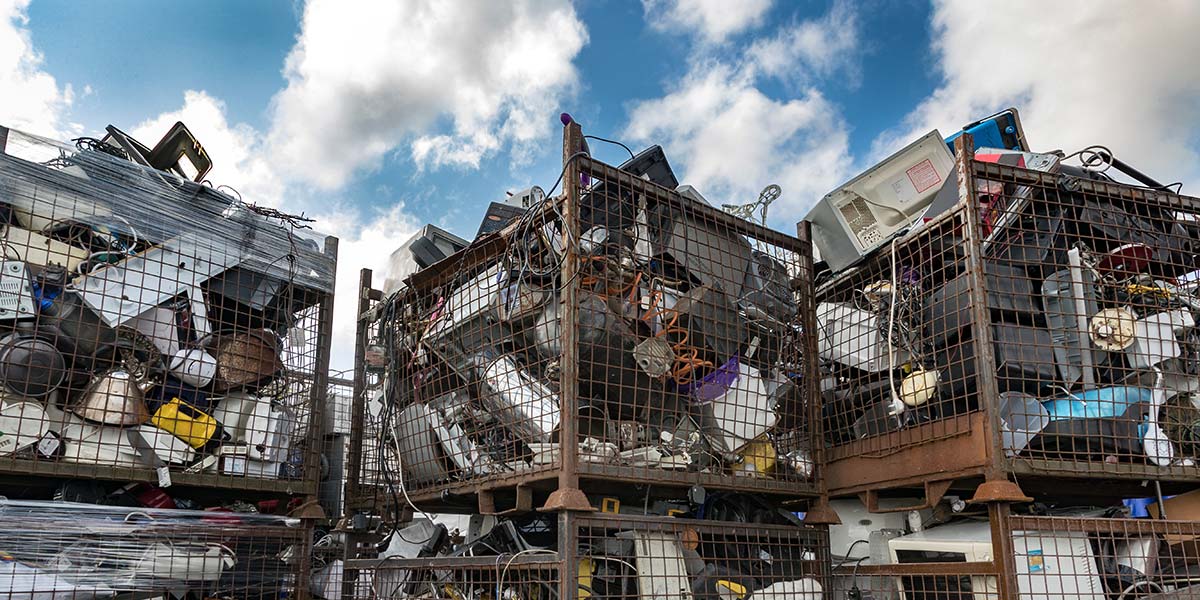This is a great time to be an electronics enthusiast. Electronics are relatively inexpensive, readily available, and focused on just about every aspect of life — from home to work to play to health. However, in this time of technology abundance, it’s also easy to over-indulge in what you want versus what you may need.
I was reminded of this fact in the process of upgrading my sound system. Years ago, when I installed my previous sound system, I added RF chokes to the power and signal lines of my amplifier, receiver, preamp, and speakers. I had RF-proofed everything as a carryover habit from my early ham radio days, when direct and rectified signals from my homebrew CW rigs had a habit of making their way into AM and FM radio as well as TV signals. In fact, the chokes were an unnecessary expense and didn’t add to the signal/noise ratio of my previous sound system. My new cables are standard off-the-shelf cords, and the sound is superb.
With that realization, I started exploring my home and office for additional signs of over-indulgence in technology. In my spring cleaning effort, I came up with a box full of technology that I should have never purchased, ranging from cable adapter kits that I bought “just in case” to fitness tracker devices that have maybe a couple hours of use. Sure, everything I tossed into the box was a deal when I bought it, but I clearly didn’t need it. I would have been better off saving my money and either putting it toward a better bench top DMM or other gear that I use on a regular basis, or expanding my investment portfolio.
Hindsight is, of course, 20-20, and I’d like to think that I’m a more thoughtful consumer of technology today. Still, when I start exploring a new area of technology or revisit one that’s changed significantly in the past few years, it’s hard for me to know what’s necessary and what’s a waste of money and time. For example, when I first started working with drones, I ordered several multi-function testers for the battery packs, electronic speed control (ESC) settings, and motor performance. Turns out that all I needed was a simple meter to tune the motors, and a smart charger to monitor the batteries. At the time, I didn’t want to get caught without a critical piece of test gear and then have to wait weeks for delivery, so I spent (i.e., wasted) the extra money.
I narrowly avoided a technology binge when I upgraded my smart home system to add remote video monitoring to an installed base of remote lighting and temperature control technology. Still, I was torn between erring on the side of too much technology rather than purchase a system without capabilities that I might want in the future. It helped that in selecting remote lighting, I went through several generations of smart lights before I found a technology that exactly fit my needs. Although I enjoyed the process, I felt guilty wasting perfectly good LED bulbs with decades of life remaining. I wasn’t going to repeat the mistake with a smart alarm system.
My current challenge is with smart home appliances. Take a refrigerator. Beyond keeping food at a constant low temperature, current models offer features ranging from built-in PDAs to at least one model that takes a digital image of the refrigerator contents to remind you of what you need to purchase at the grocery store. Clearly, I don’t need a dedicated refrigerator camera system.
Perhaps I’ll revisit smart refrigerators when there’s an affordable model that features image recognition and can automatically generate a list of what I need to pick up at the store — or have the refrigerator email the local grocery store for a delivery. Of course, I don’t really need this sort of technology today, but perhaps in 25 years or so when I’m less mentally and physically able I’ll appreciate not having to think about a grocery list.
All of this said, most electronics enthusiasts identify with being an early adopter of technology. And there’s nothing wrong with that — as long as you act responsibly and remain aware of your reasons for buying a particular technology. NV

